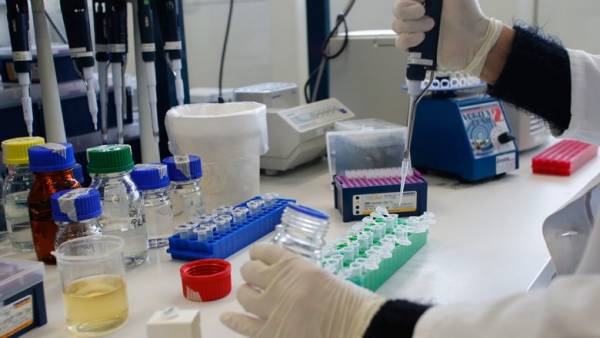
This is a recombinant (created in the laboratory) human antibody HFB30132A, which is now entering the second stage of clinical trials.
Therapy based on genetically engineered antibodies will be shown to patients with moderate severity of the disease who have comorbidities, such as diabetes.
“As soon as samples of the virus [the Omicron variant] are obtained, we will examine our antibody. Because it is already clear that the vaccines against it work somewhat worse—” Alexander Gabibov, director of the IBH RAS, told Izvestia. – We plan to conduct tests together with the 48th Institute of the Ministry of Defense. Their specialists, after receiving the “Omicron” strain, will check the effect of the antibody on the cells. And we have our own genetically modified mice that are 100% infected with coronavirus (COVID-19 is not dangerous for ordinary mice. – “Izvestia”). After checking the work of the antibody to neutralize Omicron in cells, it will be possible to quickly test it on animals.”
If the Russian-made antibody as a result of the tests shows low activity against Omicron, the IBH RAS scientists are ready to quickly find a replacement for it.
To do this, they use their own platform for cloning and transcriptome decoding (a method developed to study a set of RNA molecules in a cell) of single B cells (a type of lymphocytes responsible for the production of antibodies) from the blood of patients who have undergone COVID-19.
To do this, scientists will need to “read” the immune repertoire (a set formed by human B and T lymphocytes) of those who have been ill with the Omicron strain and make their artificial analogues using genetic engineering technologies. And then to carry out their development in the cells of laboratory animals.
Scientists will be ready to start developing such antibodies immediately after the Omicron sample is put at their disposal. Most likely, it will be possible to do this before the end of the year, Alexander Gabibov said.